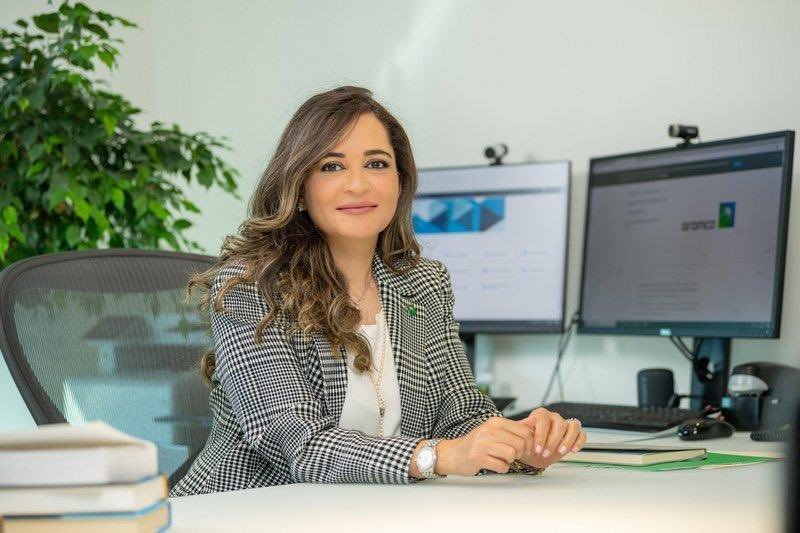The approval of the Custodian of the Two Holy Mosques, King Salman bin Abdulaziz Al Saud, to appoint members of the Board of Directors of the Saudi Central Bank “SAMA” who are not government employees, included the appointment of Sheila bint Atheeb Alrowaily as the first Saudi woman to be a member of the bank’s board of directors.
Who is Sheila Alrowaily?
Sheila Alrowaily is the CEO of the Guardianship Investment Company from 2019 to date, a subsidiary of Saudi Aramco, and was included in Heart Energy’s 2021 list of the 25 most influential women in the energy field.
She is a member of the Board of Directors of Hassana Investment Company, the Saudi National Bank, and Saudi Aramco Investment Management.
She previously held several positions in Aramco, including Director of the Global Analysis Department from 2018 to 2019, and previously worked as Director of Financial Risk Management in the Treasury Department between 2016 and 2017, and headed the Investment Management Department in the Treasury Department from 2008 to 2016.
She worked in several other positions at Aramco, including treasurer, project finance financial analyst, foreign exchange financial analyst, and money market trader from 2000 to 2007.
Sheila Alrowaily received a Bachelor’s degree in Interior Architecture from King Faisal University in 1987, a Master’s in Financial Management from the American University of Beirut in 1997, and an MBA from Massachusetts Technology, in the United States in 2018.
PricewaterhouseCoopers
Alrowaily’s appointment comes on the heels of a PricewaterhouseCoopers (PWC) analysis estimating that increasing the share of women in work in MENA to match the male employment rate could increase the GDP by 57 percent, or as much as $2 trillion.
In January, PwC conducted a poll of 1,500 women aged 18 to 35 in Bahrain, Egypt, Jordan, Kuwait, Lebanon, Oman, Qatar, Saudi Arabia, and the UAE. In total, these countries are home to about 81 million people.
The survey shows that the Gulf Cooperation Council (GCC) countries, particularly the UAE, Saudi, and Qatar, have made the most improvement in recent years in terms of women’s labor force participation.
According to the report, women make up fewer than 20 percent of top managers in Egypt, Saudi, and the UAE, the region’s three largest economies.
While 84 percent of women aspire to become leaders in their fields, female employees illustrated that work is not their only priority.
Around 94 percent of the surveyed women favored “work-life balance” and “training & development opportunities” as their most valued employer characteristics. However, only 62 percent of women agree that their employer provides a satisfactory “work-life balance” and “training & development” opportunities.








